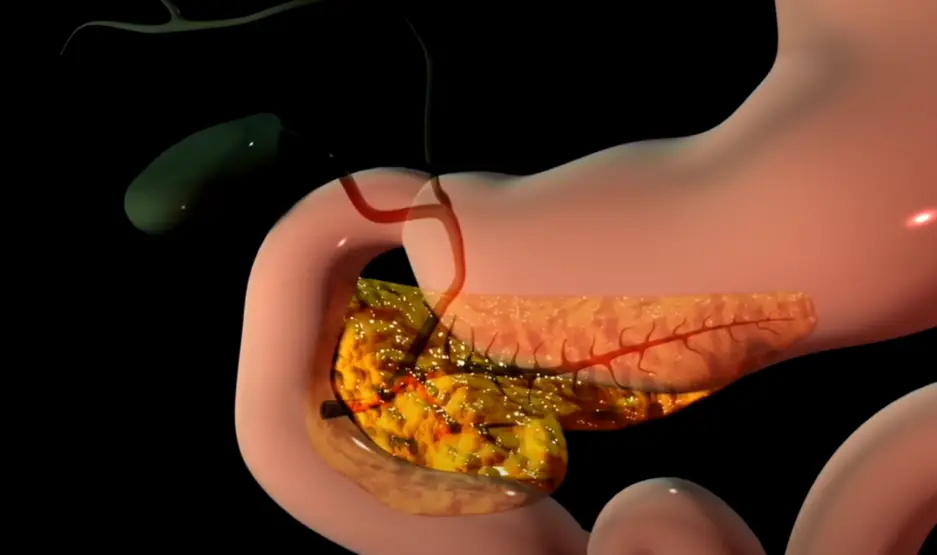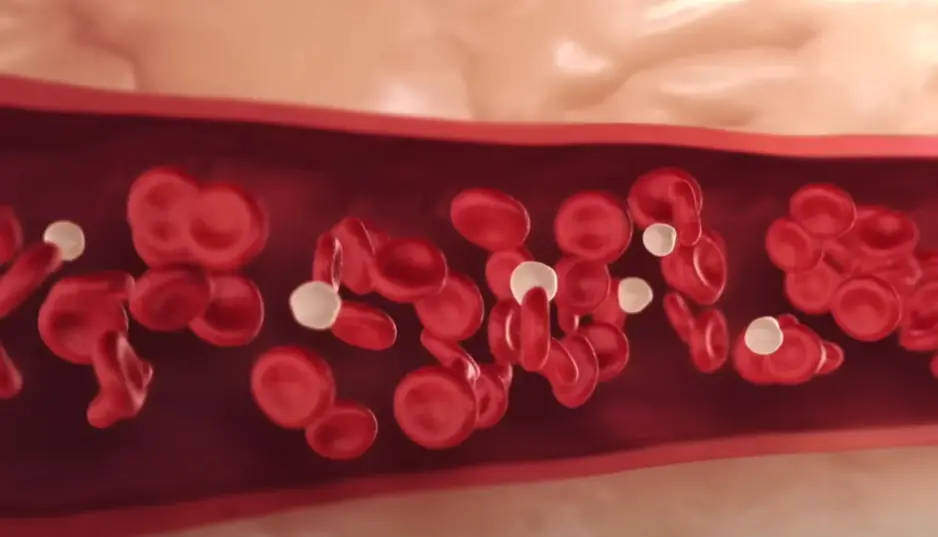
The NIH estimates that a staggering 2 million Americans will be diagnosed with cancer in 2025 alone. According to their statistics, “breast, lung and bronchus, prostate, and colorectal cancers account for almost 50% of all new cancer cases in the United States,” while “lung and bronchus, colorectal, pancreatic, and breast cancers are responsible for nearly 50% of all deaths.”
According to Dr Paulien Moyaert, it’s not always the cancer itself that kills a person, but the side effects it causes in the body.
On her YouTube channel, Dr Moyaert shared a shocking 3D simulation of the stages of cancer and how it can kill the person diagnosed with the disease.
The 4-minute-long video opens up with an explanation of the most lethal form of cancer, the metastatic one, “where a single cell breaks off, migrates, and starts a new tumor that can fill up any organ and prevent it from functioning, which may kill you.
“If the cancer is growing in a part of the digestive system, it can prevent the digestion and absorption of food. It can also block the expulsion of feces and lead to perforation, which is fatal if not surgically corrected.”
Further, Dr Moyaert’s stimulation shows that when cancer affects the pancreatic ducts, it causes the pancreas to “digest itself.”
This makes pancreatic cancer the deadliest and most painful form of cancer.
A person diagnosed with lung cancer can die from asphyxiation, a condition where there’s not enough oxygen around the body.
The second most common cause of death comes from infections.
“Having cancer impairs immunity,” the video continues, “and chemotherapy compounds the problem by suppressing the bone marrow – the factory where white blood cells are produced.”
Both chemotherapy and the “infiltration of cancer cells” can impair bone marrow.
“When cancer grows in the bone marrow, there will eventually be inadequate bone healthy bone marrow to make blood cells,” the simulation shows.
This causes anemia, drop in white blood cells – which fight infection and keep bacteria under a control – and drop in platelets which prevents the body from controlling any abnormal bleeding.
Cancer patients can also suffer from cachexia, a serious complication that leads to muscle loss.
This occurs in around 50% of all cancer patients.
Finally, the video – seen over 6.6 million times – explains that pain control treatments such as morphine and opium are available and that no cancer patient should die in pain.
Please SHARE this article with your family and friends on Facebook.
Bored Daddy
Love and Peace



